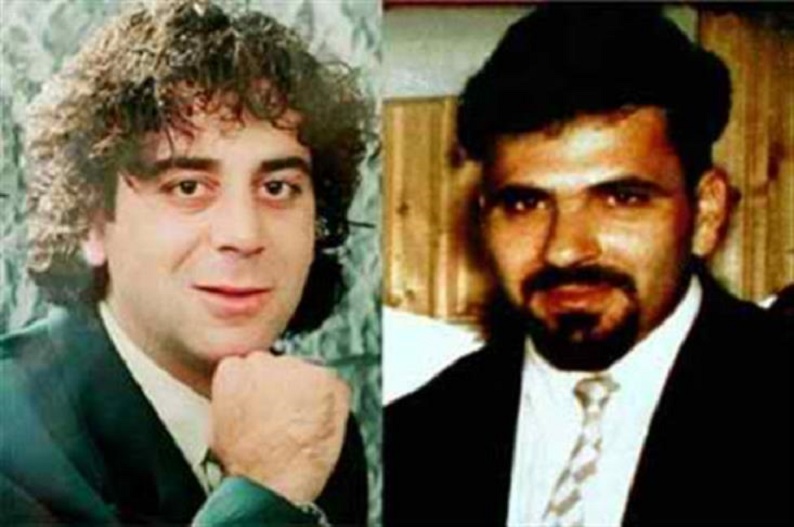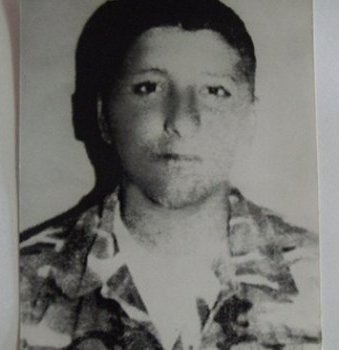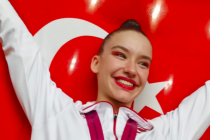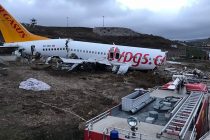This weekend, Greek Cypriots are planning multiple demonstrations to commemorate the 21st anniversary of the deaths of Tassos Isaac and Solomos Solomou. Protestors on motorbikes are aiming to cause disruption at the border, prompting local Cypriot authorities and some foreign embassies to warn their citizens and staff to avoid these areas.
Earlier today, some 60 protestors on 40 bikes drove from Baf/Paphos in South Cyprus to the Pirgo (Yeşilırmak)-Astromeritis checkpoint where they held a demonstration, before proceeding to the Bostancı car-only crossing for another protest. Both are located in the northwest of the island not far from Güzelyurt/Morphou. As a precaution, Turkish Cypriot officials temporarily closed the checkpoints on their side to prevent any incidents for those crossing from the North.
More protests are planned at other checkpoints over the weekend. On Saturday between 08:30 and 10:00 local time, up to 1,000 motorcyclists are expected to assemble in the capital Lefkoşa/Nicosia: at Ledra Palace and also Metehan-Agios Domestios.
On Sunday 6 August, the protestors will hold a memorial service by the UN Buffer Zone next to Derinya-Deryneia – a village near Mağusa/Famagusta on the East coast nestled in between the ghost town of Maraş/Varosha in the North and Ayia Napa in the South.
The American Embassy was among those to issue an advisory note to its staff, urging them to ideally “avoid areas near these demonstrations”. Their employees were told to review their “personal security plans” and to be aware of their “surroundings”.
Turkish mob kills Tassos Isaac, 11 August 1996
Twenty-one years ago, Tassos Isaac was among those who entered Derinya to protest Turkey’s 1974 intervention and division of the island. Bike riders had travelled across Europe to join the protest, but the UN sought to prevent them from trying to cross into the buffer zone, which would invariably invoke a reaction from the Turkish side.

Isaac and other Greek Cypriots refused to be deterred and marched on foot to the border town and forced their way into the buffer zone, the UN forces seemingly powerless to prevent them. At this point hundreds of Turks, said to be members of the fascist Grey Wolves group that had assembled on the other side of the border charged across. As Greek Cypriots retreated, Isaac became trapped and was filmed being beaten to death by a mob of Turkish Cypriots.
Solomos Solomou shot dead three days later
Tensions were running high after the killing of Tassos Isaac. Following his funeral on 14 August, attempts were made to hold a repeat protest in Derinya, attended by the deceased’s cousin Solomos Solomou. He and other Greek Cypriot protestors again tried to force a confrontation.
This time the Turkish military were present and despite repeated warnings, Solomou proceeded to climb up a flagpole to try and pull down a Turkish flag. Turkish soldiers shot and killed the 26-year-old, with the incident captured and broadcast live.
He and his cousin are regarded as heroes in the South, and the picture of Solomou climbing the Turkish flagpole is regularly used to rally against Turks in Cyprus.
Private Allahverdi Kılıç – the forgotten murder
While Greek Cypriots and others demand justice for Tassos Isaac and Solomos Solomou, they always forget the third victim from this period: Private Allahverdi Kılıç who was slain by four bullets while on night duty at Güvercinlik in Mağusa, on 8 September 1996. Another Turkish soldier, Burhan Cihangir, was also wounded.

Bullets rained down on the pair as they stood guard by the Green Line next to the Dhekelia British Military Base. Like Isaac and Solomou, Kılıç’s killers have also never been caught.
The family of the murdered 20-year-old had moved to Cyprus in 1976 when Allahverdi was just 40 days old. He had won a place at a university, but decided to put his studies on hold to complete his military service. His death left his family devastated.
In a candid interview with Kıbrıs Postası in 2013, Allahverdi’s older brother Yaşar Kılıç called for peace on the island, saying the pain his family had experienced was also the same for Greek Cypriot families whose children and relatives had been killed.
“See the Greek Cypriots in the South, aren’t they distraught, don’t they cry for the loved ones they’ve lost, for their children, their siblings? Is it possible for them not to? No one should die. No one should feel this pain. What is the reason for this? If they took this land now, would my brother come back? He won’t return anymore. This mind set has dominated us from the 1950s until now, but what has anyone gained? Why can’t we live together as decent human beings?”




